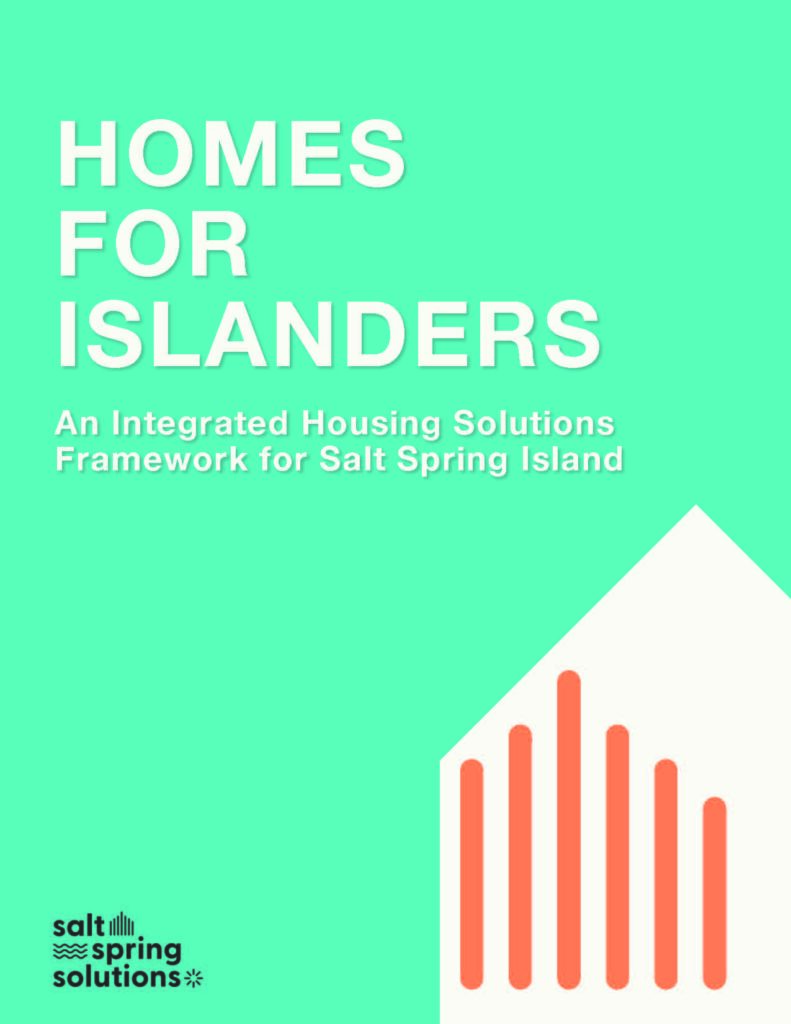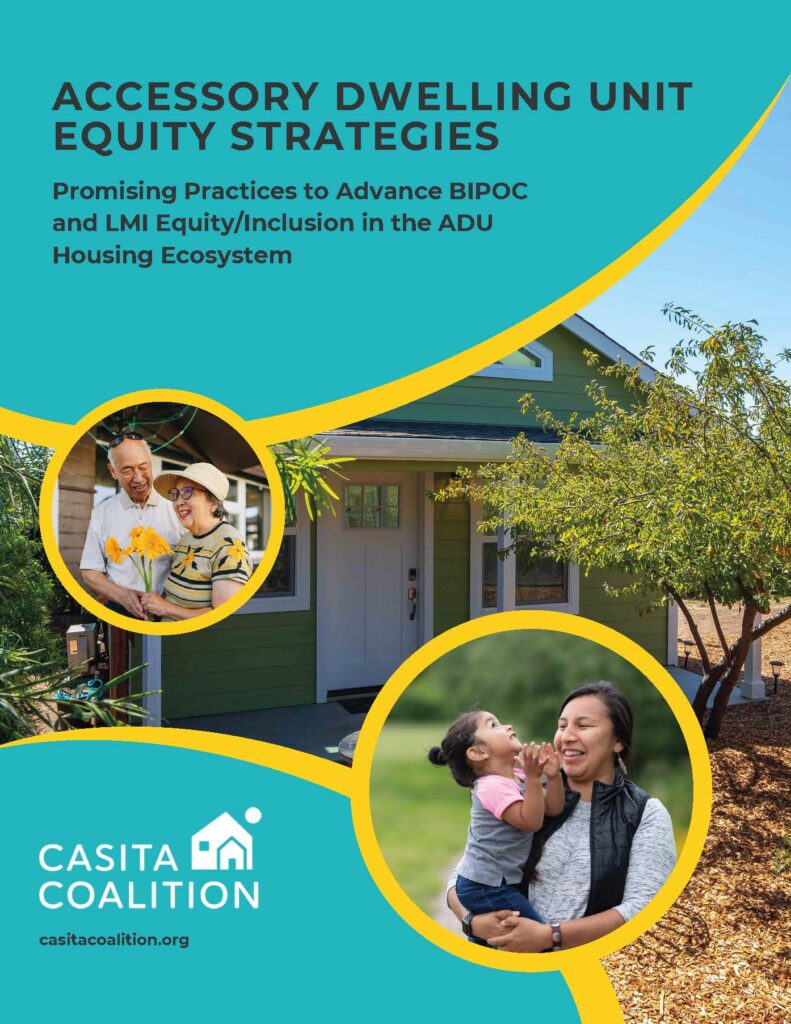
This collaborative report from Happy Cities/ Hey Neighbour Collective summarizes discussions from municipal staff (planners & policymakers), developers, community organizations, and researcher perspectives on how to facilitate social connection in multi-unit housing.
Multi-unit residential buildings can help densify and increase housing supply in growing, land-constrained cities. If designed appropriately, multi-unit residences can also provide occupants the opportunity to lead more socially connected lives.
Key insights:
As the report outlines, elements for social connectedness were identified through group discussions, and included:
- Tenure alternatives
- Feeling safe
- Having exposure to other tenants.
Supportive policies (e.g., exploring alternative ownership models) and design features (e.g., creating clusters of smaller amenity spaces) were articulated to help advance these outcomes.
Along with key challenges, a roadmap is articulated to help collective evidence and increase awareness of the importance of social connection, and pilot the proposed concepts in new housing projects.


